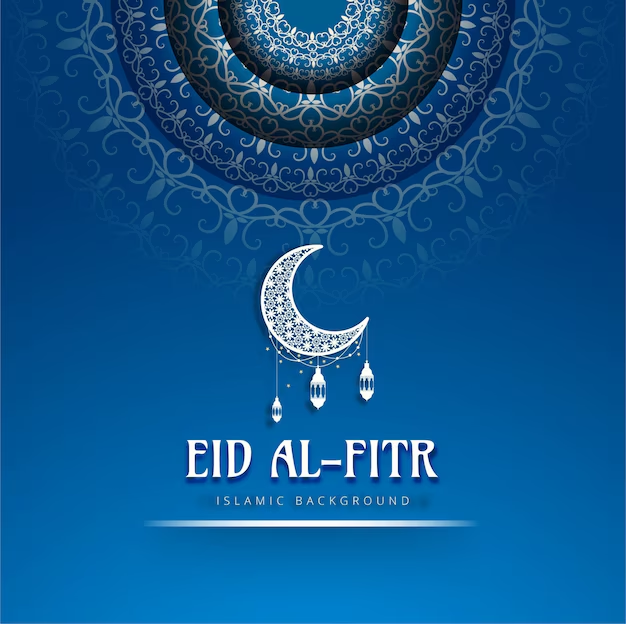Eid ul-Fitr, also known as the ‘festival of breaking the fast’, is a joyous occasion that marks the end of Ramadan, a month of fasting for Muslims, when they abstain from food and drink between dawn and sunset. Ramadan is one of the five pillars of Islam and Eid al-Fitr is significant in celebrating the end of a very intense month of fasting, prayer, self-reflection and charity.
Eid ul-Fitr is celebrated during the first three days of Shawwal, the tenth month of the Islamic calendar, and starts with the sighting of the new moon by the moon sighters committee. In Nigeria, the President General of the Supreme Council for Islamic Affairs and Sultan of Sokoto, Alhaji Muhammad Sa’ad Abubakar, must announce the sighting of the moon.
In the weeks leading up to Eid, Muslims shop for new clothes and gifts, decorate their houses and dress up in their best attire on the day. Since Eid is centred around celebrating the end of a month of fasting and spending time with family, friends and people within the community, it is obligatory to give out a charitable tax, known as Zakat Al Fitr, which is compulsory for every Muslim as long as he or she has the means to do so.
READ ALSO: When is Eid al-Fitr 2024 and how is it celebrated?
The main purpose of Zakkat al-Fitr is to provide food for the poor to enable them to celebrate the festival of breaking the fast along with other Muslims. Every Muslim is required to give out Zakkat ul-Fitr at the end of Ramadan to thank Allah for sparing their lives by observing the obligatory fast. Prophet Muhammad was reported to have said,
“The fasting of the month of Ramadan will be hanging between the earth and the heavens, and it will not be raised up to the Divine Presence without the payment of Zakat al-Fitr.”
The wisdom behind it is to purify those who fast from any indecent act or speech and to help the poor and needy. It is, however, accepted as Zakah for the one who pays it before the ‘Eid prayer, and it is Sadaqah for the one who gives it out after the Eid prayers.”
While celebrating, Muslims must be mindful of families within the wider community who may be struggling, so no one is left out. Eid celebrations commence by partaking in congregational post-dawn prayers, followed by a short sermon.
Prayers are offered at the mosque or outdoor spaces to facilitate the large numbers of people attending. Families and friends then slowly gather together throughout the day to enjoy a rich, opulent feast, at which time loved ones also often exchange gifts and money.
Since Eid al-Fitr is all about feasting, Muslims are not permitted to fast today. While there is no set menu for what should be on the table, the dishes prepared are always rich and decadent.
As Nigerians join Muslims world-wide to mark the end of the thirty-day fast, it is hoped that prayers offered for peaceful coexistence, security, economic recovery and sustainability, will all be accepted by Allah. It is also hoped that the lessons of sacrifice, solidarity, perseverance and unity will be sustained even after the month of Ramadan.
READ MORE: 25 Kano Youths Undergo practical training on Poetry
RN





